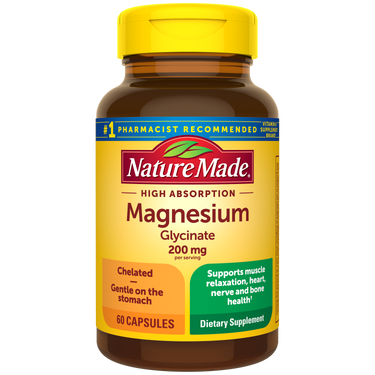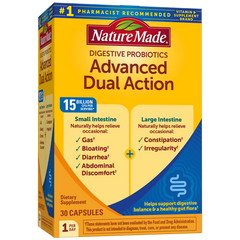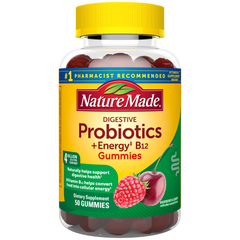
-
- A go to links starting with letter A
- B go to links starting with letter B
- C go to links starting with letter C
- D go to links starting with letter D
- E go to links starting with letter E
- F go to links starting with letter F
- G go to links starting with letter G
- H go to links starting with letter H
- I go to links starting with letter I
- J go to links starting with letter J
- K go to links starting with letter K
- L go to links starting with letter L
- M go to links starting with letter M
- N go to links starting with letter N
- O go to links starting with letter O
- P go to links starting with letter P
- Q go to links starting with letter Q
- R go to links starting with letter R
- S go to links starting with letter S
- T go to links starting with letter T
- U go to links starting with letter U
- V go to links starting with letter V
- W go to links starting with letter W
- X go to links starting with letter X
- Y go to links starting with letter Y
- Z go to links starting with letter Z
-
Beauty
-
Bone
-
Brain
-
Digestion
-
Energy
-
Eye Health
-
General Wellness
-
Heart
-
Immune Health
-
Joints
-
Kids
-
Men's Health
-
Mood
-
Prenatal & Postnatal
-
Sleep
-
Stress
-
Women's Health

Discover which Nature Made vitamins and supplements can support your wellness goals†
Get started now.
Discover how you can get the benefits you want from the nutrients you need without the sugar normally found in gummies.†
New Zero Sugar Gummies‡ -
-

Access expert insights, research, and other helpful content related to your health.
Explore Health Resources -

Learn where our story began, and how we continue to evolve alongside our customers.
Discover Nature Made





















